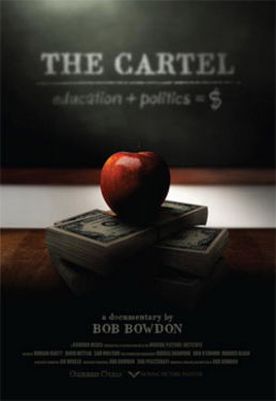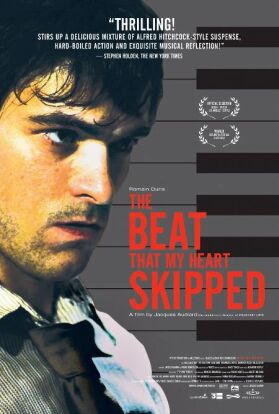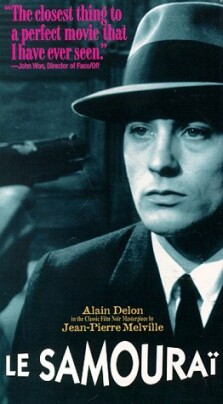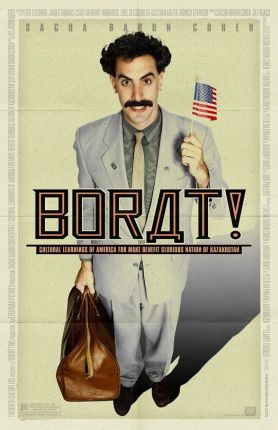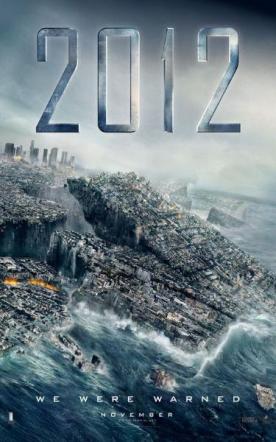Cartel, The
There is one scene in Bob Bowdon’s movie, The Cartel, that ought to be required viewing for everyone who has ever voted Democratic, especially if you live in New Jersey. It is the scene of a lottery drawing for places in a Charter School in that state, which pays its teachers and the school administrators with which its educational system is top-heavy more than any other. Mr Bowdon’s camera shows us the faces of the parents and children who have been chosen for the school and the faces of those who have not. Both are in tears, but for the chosen ones, they are tears of joy; for those not chosen, they are tears of despair. “Thank you, God. They have a chance,” says one of the lucky mothers who is overwhelmed by her good fortune. Mercifully, Mr Bowdon allows the faces of those who have missed out on that chance — yet again — to speak for themselves.
This scene is singled out by Jeannette Catsoulis of The New York Times as being particularly “egregious” in a film that is already what she calls a “bludgeoning rant” and “lousy with ad hominems and emotional coercion.” What she describes with sneering irony as “another tiny victim of public school hell” is to her just an example of the film-maker’s “emotional coercion” — as if he had managed to find a child actress who could cry on cue instead of turning his camera on a real-life tragedy to which Ms Catsoulis and others of her political persuasion are determinedly blind. The same must be true of a majority of the voters of New Jersey, who year in and year out, have allowed the vast pool of human misery of which this is just one small indication remain undrained in order that they may go on foolishly over-funding their public schools and the unions that run them for their own profit and convenience and congratulating themselves on their “progressivism” in doing so.
To those without any personal or political stake in the breathtaking corruption of the New Jersey teachers unions, however, I would think that it must be impossible to watch this scene without being moved. It’s not as if nobody before Bob Bowdon knew that, in many inner-city schools, teachers and pupils are alike held hostage to thugs who will allow neither teaching nor learning to take place. Nor is it news to those who are not ignorant a-purpose that masses of those who have spent many years in such schools leave them utterly unprepared for the world of work. Yet you can’t blame Mr Bowdon’s movie for acting as if this is all some unheard of outrage and not something that has been a feature of American urban life — albeit not to the extent that it is now in New Jersey — for a generation and more, if only people had cared to find out about it. For the most part, the people who go to movies today have not cared to find out about it.
That may be changing now as people are finally daring to inform themselves about how more and more money for public schools has only reinforced their failures. A few days after it published Ms Catsoulis’s scathing review of The Cartel the Times reported that, in New Jersey,
residents went to the polls in record numbers for the normally low-profile school- budget elections, and rejected 316 of the 541 budgets on the ballot. They were angered by higher property taxes that were sought to make up for unusually large state aid reductions proposed by Gov. Christopher J. Christie, along with resentment toward teachers’ unions for not agreeing to wage freezes or concessions. The message of “enough is enough” resounded across the state, from urban to rural districts, and even in well-to-do suburban communities like Ridgewood, where residents are particularly proud of their schools. It was a drastic change from a year ago, when voters approved nearly three-quarters of the school budgets during the height of the economic downturn.
It appears that, partly as a result of the economic crisis and concomitant record-setting budget deficits, in New Jersey as elsewhere, education budgets are no longer sacrosanct. As a result, Governor Christie has been able to take on the teachers’ unions as no holder of his office has done before, to some extent with the help of private sector unions who can only envy the teachers’ ability to help themselves to whatever they want from public funds. It’s only to be regretted that his efforts must seem to some hesitant and timorous compared to the root-and-branch approach warranted by the scandalous greed and waste that he is tackling.
Interestingly, the film begins with the establishment of Bob Bowdon’s credentials for making such a powerful attack on such a powerful vested interest. They are that he is a local TV reporter in New Jersey! And, come to think of it, doesn’t that carry more credence than he would if he were a professor in some school of education? Or, for that matter, some network news guy? Would anyone expect anything but a whitewash of what they know is corrupt from a scholar or academic, or from “60 Minutes”?When you get far enough down the media food chain below the level of The New York Times, as far as to local TV reporters, you may finally begin to find those in the media who are capable of looking at things as they are, rather than through the ideological goggles that are increasingly the first equipment required of the élites.
Mr Bowdon also does a good job of making plain the meaning of a welter of statistics concerning tax revenues, government spending on education, comparisons with other states and foreign countries on educational outcomes and so on, though to Ms Catsoulis this amounts to nothing but “a laundry list of outrages — like a missing $1 billion from a school construction budget” or “a clumsy montage of newspaper headlines detailing administrative graft.” It’s interesting to learn that New York Times reporters, like New Jersey politicians and school administrators before the Christie era, can afford to be so cavalier about “a missing $1 billion.” The newspaper headlines didn’t look like a “clumsy montage” to me, but if they were that must be supposed somehow to cancel out the “graft” they describe.
This movie is just one example, along with the reports of how they are furiously lashing out against Governor Christie, of how the New Jersey teachers are now running scared. This is an excellent thing for everyone not on their gravy train. Those with the political power of the teachers are likely to believe that they can simply hunker down and wait for a change in the political weather, and they may be right. Let us hope for the sake of that weeping child — whose real emotion seems to the progressive New York Times like nothing but a dramatic construction of Mr Bowdon’s — that their political contributions to the Democrats continue to be unavailing, in New Jersey and elsewhere. The outrage that The Cartel should provoke, even among the normally very progressive audience for documentaries, may well help.
Discover more from James Bowman
Subscribe to get the latest posts to your email.

